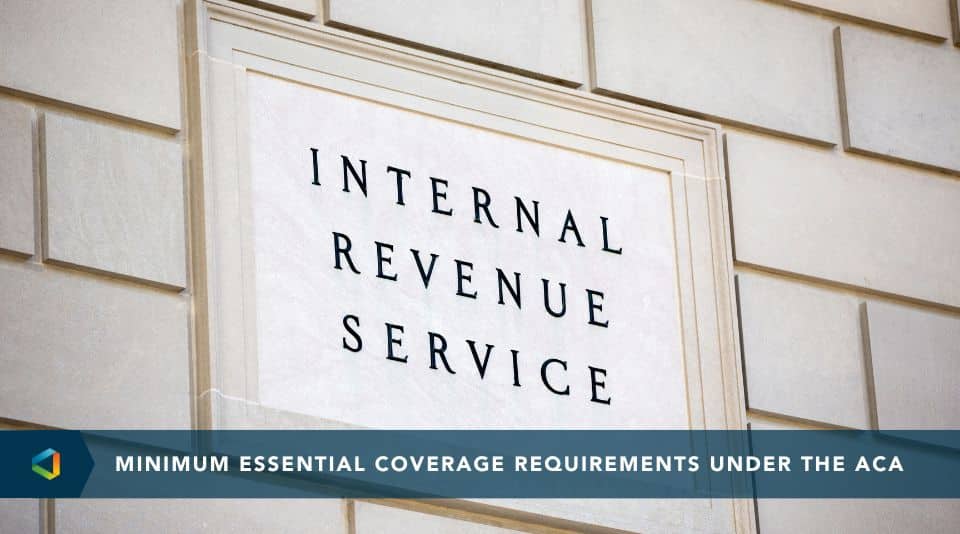On April 7, 2017, the Treasury Inspector General for Tax Administration (TIGTA) issued results from its audit of the IRS’s implementation of key Affordable Care Act (ACA) provisions. The audit assessed the IRS’s preparedness for ensuring compliance with the Employer Shared Responsibility provision and related information reporting requirements. Since 2015, employers have bemoaned the difficulty associated with proving compliance with the ACA Employer Shared Responsibility requirements – most notably, the ACA information reporting. This most recent TIGTA report sheds some light on why employers and the IRS alike have been on such a bumpy road to ensuring compliance.
During its audit, TIGTA found that some IRS ACA information reporting processes did not function as intended, resulting in inaccurate and incomplete data to identify non-compliance employers. The core findings of the TIGTA audit are that: 1) the IRS was unable to process paper information returns timely and accurately; 2) the process for identifying validation errors in submissions did not always work as intended; and 3) the development and implementation of key systems needed to identify non-compliant employers have been delayed, not initiated, or cancelled. TIGTA made recommendations to the IRS for corrections, all of which the IRS agreed to, except one.
Two Months After 2016 Filing Deadline: 98% of 1094-Cs and 99% of 1095-Cs not processed
Five Months After 2016 Filing Deadline: 24% of 1094-Cs and 34% of 1095-Cs not processed
IRS implemented file size limits for SCRIPS transfers and adjusted the ACA Information Returns system to receive and process file sizes up to five gigabytes
IRS made enhancements to the 2017 Filing Season ACA Information Returns Management Console to display schema errors
IRS will review existing processes and determine where they can be enhanced or supplemented to ensure that Forms 1094-C and 1095-C are accurately scanned and transcribed by the SCRIPS.
Vague TIN Error Code Didn’t Identify Specific EmployeeError Rejection Thresholds Not Followed
Volume & Type of Error Inaccurate in IRS Reports
16 of the 141 total error codes for Forms 1094-C and 1095-C identified as not functioning correctly
31 of 141 Form 1094-C and 1095-C error codes were not tested
IRS did not implement error threshold for fear employers would not file
Ensure that the description included in the error files contain sufficient information to allow employers to correct errorsEstablish a time frame for employers to correct errors identified on Forms 1094-C and 1095-C
IRS made enhancements to provide a greater level of detail in the error data file for transmittersIRS revised all error reports to assure all error codes pertaining to the Forms 1094-C and 1095-C are accurately reported
IRS will reevaluate the need for additional written guidance should data indicate both increasing penalty application and substantial increase of rejected returns not resubmitted within 60 calendar days
ACA Compliance Validation (ACV) System intended to identify applicable large employers – Development Started in July 2015, Now Delayed to May 2017
ACA Case Management System for Post-Filing Compliance – Started in Dec. 2014, Cancelled June 2016
Save funds and reallocate resources
IRS will use existing systems until new IRS-wide Enterprise solution is available




